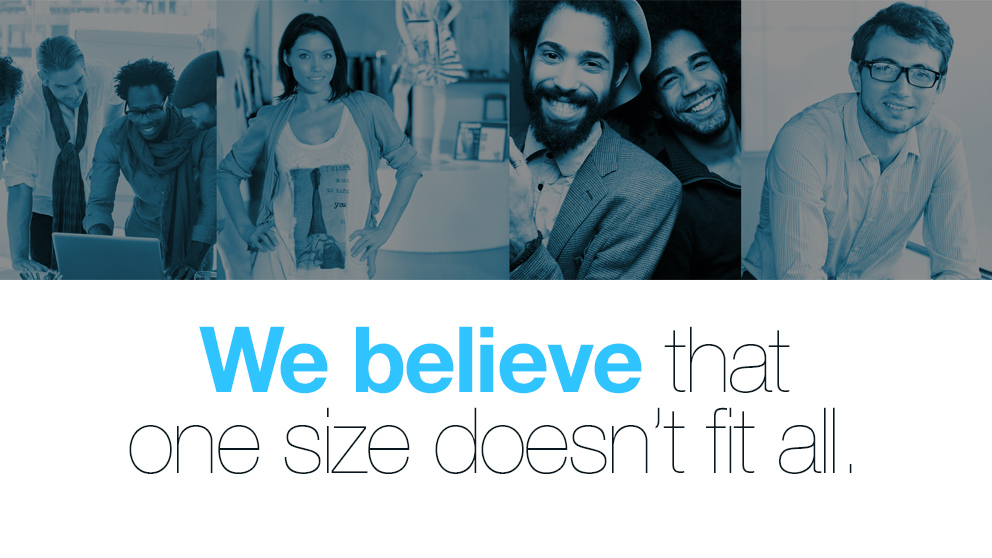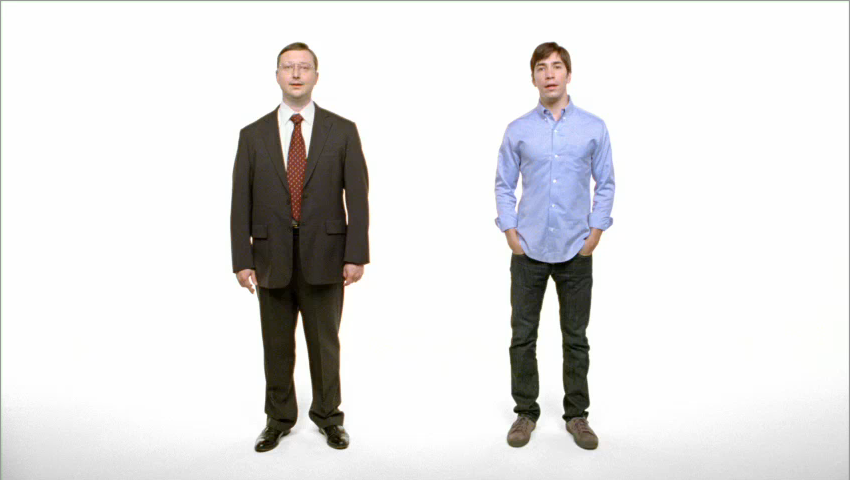
03 Mar Why Brand Personality Matters
A lot of people wear the same clothes, but it’s what you add to it that makes it different – it gives it a personality. Of course, like all things in life, it’s easier said than done but worth it in the long-run.
One size does not fit all
The first step is figuring out your own beliefs. Your beliefs will guide your business and give it purpose. They give it a personality and tell people not just what you do, but who you are. Only then can your business stand out from the pack and be talked about. Once that’s achieved, then it’s simply about finding innovative ways to bring that belief system to life.
Think about associations
If you had to describe your business in five words, what would they be? Serious? Entertaining? Rugged? Enlightening? Aggressive? This isn’t a tagline that you will share with the world. Instead, it will help determine how you communicate to the world. Think outside the box – that’s the only way to be truly different. Stay away from words like innovative, transparent, efficient, or any other overused words that every company likes to use to describe themselves.
Brand personality is not a two-dimensional concept. The best companies spend countless hours brainstorming ways to add layers of meaning to differentiate themselves from their competitors and to better connect with their audience. Remember, it’s not just what you do, it’s who you are.
Take two companies who know a thing or two about brand personality and association: Apple and Microsoft. Both brands have a high level of association with descriptive terms such as ‘computer’, ‘pc’ and ‘software’. These tell people what they do, but they do little to add any layers or give their business meaning.
Enter brand personality.
They needed to personify their brand and endear people to their respective companies. Clothes are only part of the equation. http://bessonagency.com/brand-personality-matters/It’s their personalities that get people to notice.
The one on the left says, “Hi, I’m a PC.” What we think he says, “Hi, I’m boring, formal, cold, old, unreliable, slow, not inspiring.”
The Microsoft brand was once associated with more negative associations like ‘evil’, ‘monopoly’, ‘crap’ and that classic of poor customer feedback – ‘sucks’. It appeared that the brand had seriously failed to translate that product use into positive brand association and any hopes for brand loyalty.
The one on the right says, “Hi, I’m a Mac.” What we think he says, “Hi, I’m cool, trendy, young, friendly, casual, reliable, fast, looking for fun.”
The Apple brand is openly loved, maybe even adored with strong levels of association to words like ‘cool’ ‘awesome’ and ‘trendy’. Plenty of brands want to be loved, but very few can lay claim to that strongest of positive associations. When pooled with associations of ‘quality’, ‘sleek’, ‘simple’ and ‘style’ it is easy to see why Apple commands such high levels of brand loyalty and continues to create enormous anticipation for each new product launch.
Brand personality matters
Apple personified the Mac as a hip, practical dude (actor Justin Long) opposite of the PC, depicted as the feeble minded man in a suit, (actor John Hodgman). This added personality to the Apple brand and allowed people to better connect with them; it also painted a pretty pathetic portrait of their nemesis.
By adding personality, the brand will stand out from the pack and be talked about. Creating these packages is what Creating Genius is all about. Click here to learn more and start building a brand that is relevant.





Sorry, the comment form is closed at this time.